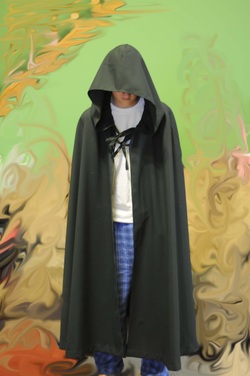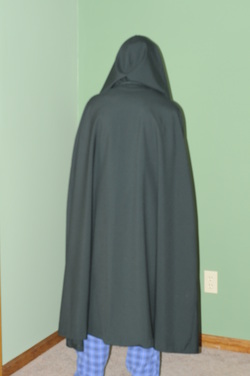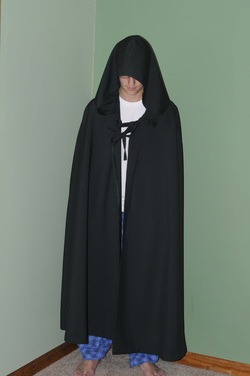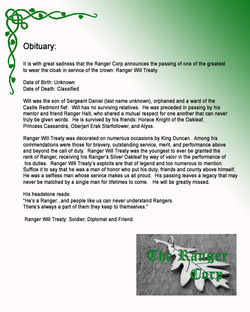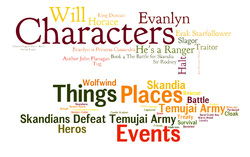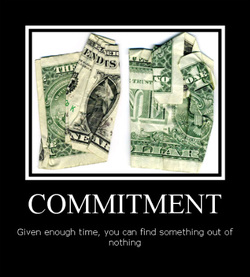As a technology teacher, I have used a variety of online tools in my classroom to give students experience with the online learning environment. I have used Blackboard, Moodle, Wikispaces, Weebly, Wikipedia, MEL, and a ton of online research databases (ABC Clio, ProQuest, etc). I have designed assignments that were online. For example, I used Wikispaces to have my students create and online novel. They had to participate in a discussion thread, collaborate within their individual groups, collaborate with other groups to know where to begin and what was happening prior to their chapter, and they had to communicate with me to get their questions answered. I used Blackboard and now Moodle to give the 8th Grade Technology Assessment. I have used the discussion thread in Blackboard to repsond to topics, pictures of the day and other such journaling activities. I use a ton of online tools to get my students extra practice in keyboarding or other class activities. We research and build webpages for a cross-curricular activity with social studies to better understand the Oregon Trail experience. I am currently configuring a Snow Leopard server to enable our district to develop student generated wikis so that their information does not go out onto the world wide web or the Internet. I am currently working on a project that will more all student mandated portfolios to a digital format. Currently I am serving on a team that is bringing wifi to our high and middle schools to develop a high-bred access format for our staff and students. There are a ton of things that are going on in our district to advance and change with the surge o digital media.
When you talk about strategies for making online learning more meaningful, I first think of need. What do we need to be able to provide access to our students? The biggest challenge is access, second only to atmosphere. Many of our students do not have high speed access to the Internet. This presents a great challenge to our students. These are the students that need it the most. The digital divide is not only real and now, but it is crippling. Imagine that you had no Internet access to take this course. Where would you have to go to complete your work? How would you get there? Are you limited by the restrictions at the location you have? How will you save things? Do you have time to make it to your location? Are there chores or responsibilities that keep you from going? There are a ton of other restrictions and problems relating to access. But access is a huge problem. Without fair and complete access, online learning is not only meaningless, it is not even an option.
Now consider atmosphere. I don't care how great the online learning experience is, if you do not have a time and place that allows for it, you are not going to get the benefits from it. Many of my students go home to families that are not the best or require that they provide the childcare duties for the family. This is most prevelant in the girls. They often remark that they could not get homework done because they were up late watching their siblings while mom and/or dad were out or working. Add poor atmosphere to the digital divide and the chasm just keeps growing.
Many teachers want to move to a form of online learning to supplement their students education, but the fact of the matter is that many students just have no means of participating. Most teachers in my district are younger and at least tech-knowledgeable. They are able to use or learn new tech skills relatively quickly. They are not a barrier to the online learning push. They just know that they are only punishing kids who are already behind.
Education is often the training arm of the business and governmental communities. How education is structured is based on the needs of the society and these two institutions drive society to a great degree. Online learning is a real and gigantic skill set of the future, but for whom? Are we using education to sift out those who have and those who have not?
The strategies for online learning outlined in Michigan Department of Education. Michigan
Merit Curriculum: Guidelines – Online Experience are fairly complete. I don't think there are elements that are missing. I do however think that we, as teachers and communities, need to find a way to give every student the opportunity to learn online, from home (or someplace equivelant) and gain something from the experience. I cover many of the elements in my classroom, but the responsibility for online learning is much bigger. If you want a strategy suggestion, I have one: find a way to give every kids a laptop or tablet device so they can begin to tap the enormous amount of information and training the Internet has to offer. Teach them to manage their online time to limit the distractions and hazards of the Internet. Facebook, Youtube and other such sites offer way to many opportunities for lost
When you talk about strategies for making online learning more meaningful, I first think of need. What do we need to be able to provide access to our students? The biggest challenge is access, second only to atmosphere. Many of our students do not have high speed access to the Internet. This presents a great challenge to our students. These are the students that need it the most. The digital divide is not only real and now, but it is crippling. Imagine that you had no Internet access to take this course. Where would you have to go to complete your work? How would you get there? Are you limited by the restrictions at the location you have? How will you save things? Do you have time to make it to your location? Are there chores or responsibilities that keep you from going? There are a ton of other restrictions and problems relating to access. But access is a huge problem. Without fair and complete access, online learning is not only meaningless, it is not even an option.
Now consider atmosphere. I don't care how great the online learning experience is, if you do not have a time and place that allows for it, you are not going to get the benefits from it. Many of my students go home to families that are not the best or require that they provide the childcare duties for the family. This is most prevelant in the girls. They often remark that they could not get homework done because they were up late watching their siblings while mom and/or dad were out or working. Add poor atmosphere to the digital divide and the chasm just keeps growing.
Many teachers want to move to a form of online learning to supplement their students education, but the fact of the matter is that many students just have no means of participating. Most teachers in my district are younger and at least tech-knowledgeable. They are able to use or learn new tech skills relatively quickly. They are not a barrier to the online learning push. They just know that they are only punishing kids who are already behind.
Education is often the training arm of the business and governmental communities. How education is structured is based on the needs of the society and these two institutions drive society to a great degree. Online learning is a real and gigantic skill set of the future, but for whom? Are we using education to sift out those who have and those who have not?
The strategies for online learning outlined in Michigan Department of Education. Michigan
Merit Curriculum: Guidelines – Online Experience are fairly complete. I don't think there are elements that are missing. I do however think that we, as teachers and communities, need to find a way to give every student the opportunity to learn online, from home (or someplace equivelant) and gain something from the experience. I cover many of the elements in my classroom, but the responsibility for online learning is much bigger. If you want a strategy suggestion, I have one: find a way to give every kids a laptop or tablet device so they can begin to tap the enormous amount of information and training the Internet has to offer. Teach them to manage their online time to limit the distractions and hazards of the Internet. Facebook, Youtube and other such sites offer way to many opportunities for lost
